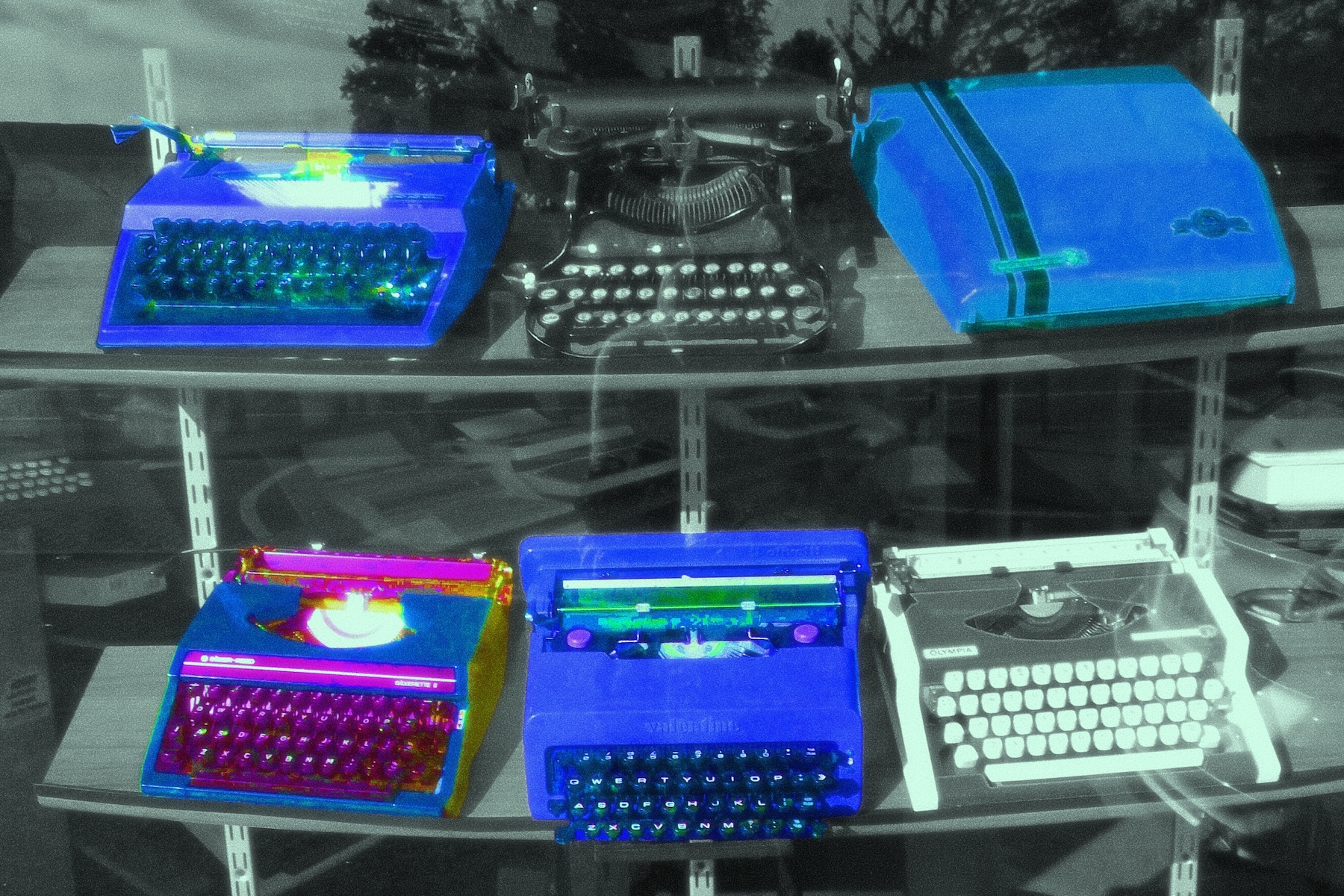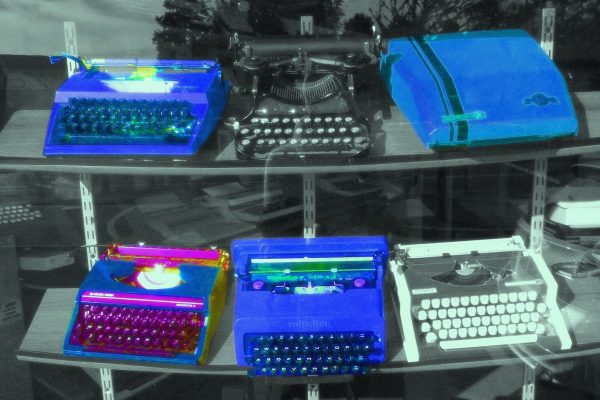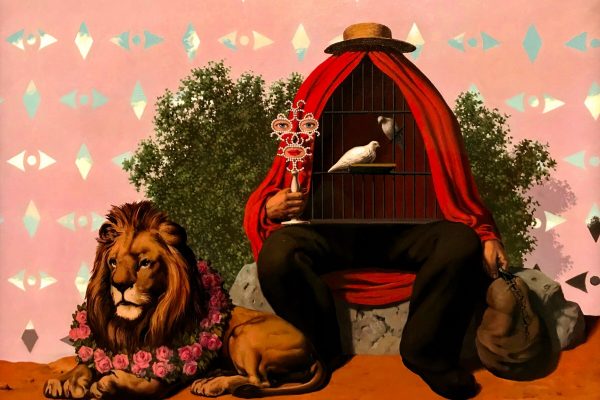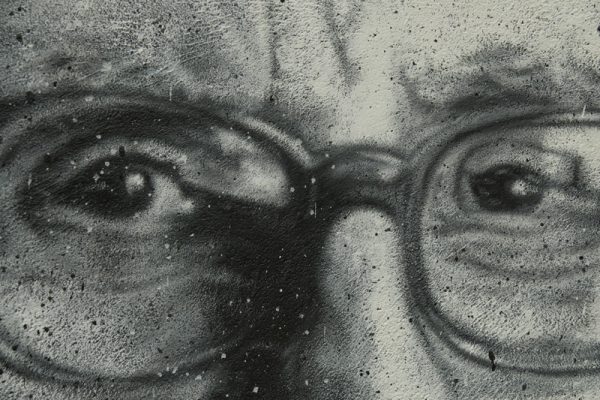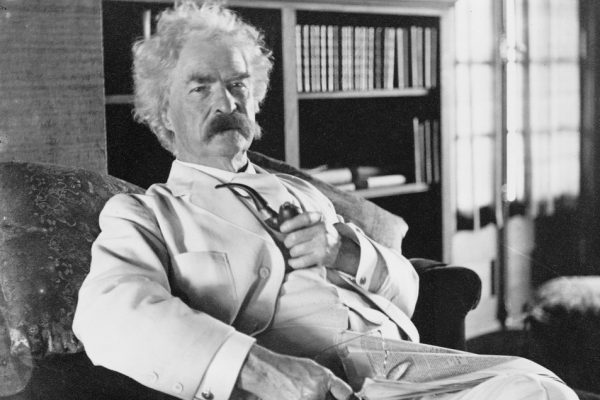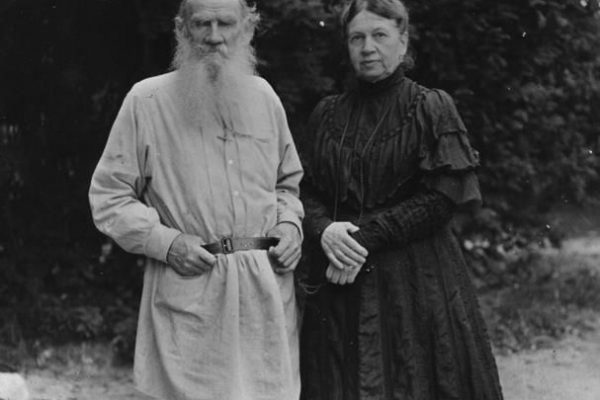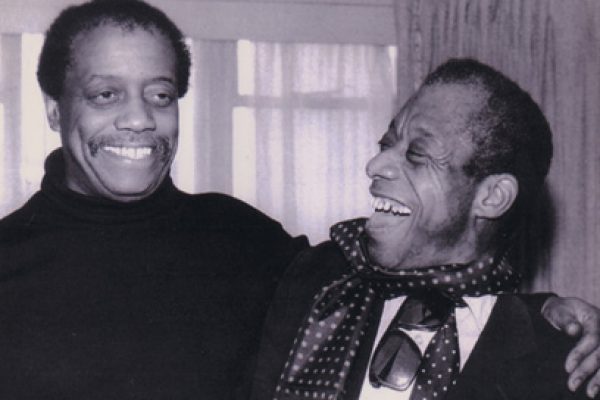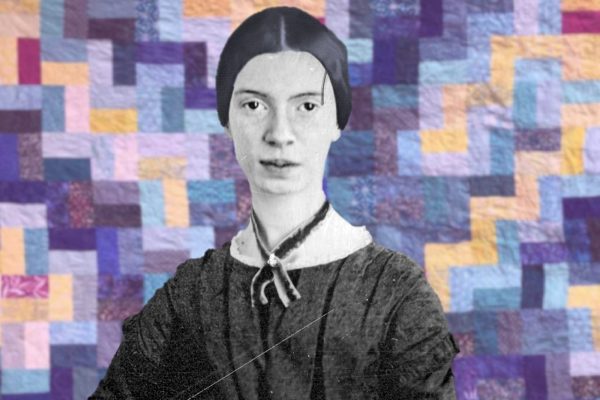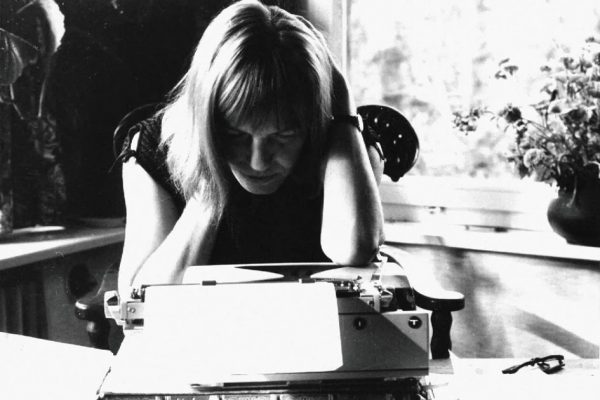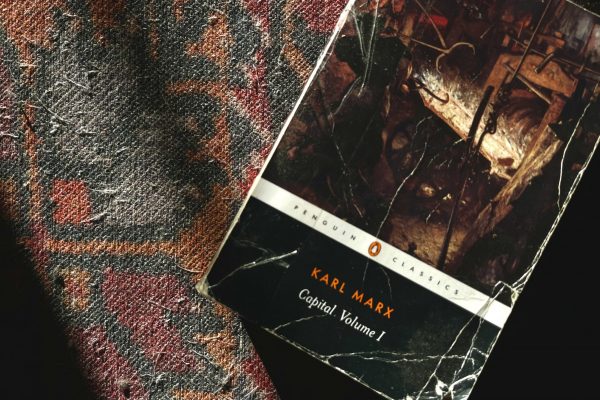What is an author? When Michel Foucault posed this question in 1969, it was largely philosophical. Along with Roland Barthes, who a few years earlier announced “the death of the author,” Foucualt sought to draw out structuralism’s logical consequences, which suggested that the much vaunted figure of “the author” was more an effect of language and culture than a cause.
Today the question of how to define an author is no mere idle speculation. Advances in generative AI have enabled computers to produce texts and images barely distinguishable from those created by human beings, unleashing anxieties that human authors and artists could soon become obsolete. Are reports of the author’s death no longer quite so exaggerated or metaphorical as they once might have seemed?
This week’s reading list explores this question and more, collecting some of our best writing on art, literature, technology, and the lives of great authors, including essays on James Baldwin, Emily Dickinson, Mark Twain, and Leo Tolstoy. In addition, two recent essays by James Duesterberg and Terry Nguyen tackle some of the thorny problems of creativity and individuality raised by generative AI. While for Duesterberg such technology is symptomatic of a kind of “self-imposed immaturity” in which we long to be relieved of the burden of thinking, Nguyen sees the advent of AI-assisted novels as an invitation to take postmodern theories of authorship more seriously: “Isn’t a word a word—still a word—regardless of who, or what, wrote it?” she asks. “The reality of authorship is often more collaborative and fluid than readers are led to believe.”
AI-generated novels are here, but they hardly spell the end of fiction.
The structuralism of Claude Lévi-Strauss is in many ways still with us.
Until recent decades, Dickinson was most often depicted as a sentimental spinster or reclusive eccentric. A new biography and TV show reveal instead a self-aware artist who created a life that defied the limits placed on women.
On the first English translation of the Austrian poet’s critical writings, composed in the shadow of fascism.
This is my version of the story, but I will illuminate only a corner of it, one that ran parallel to and underneath it, revealing what was left in its wake.
